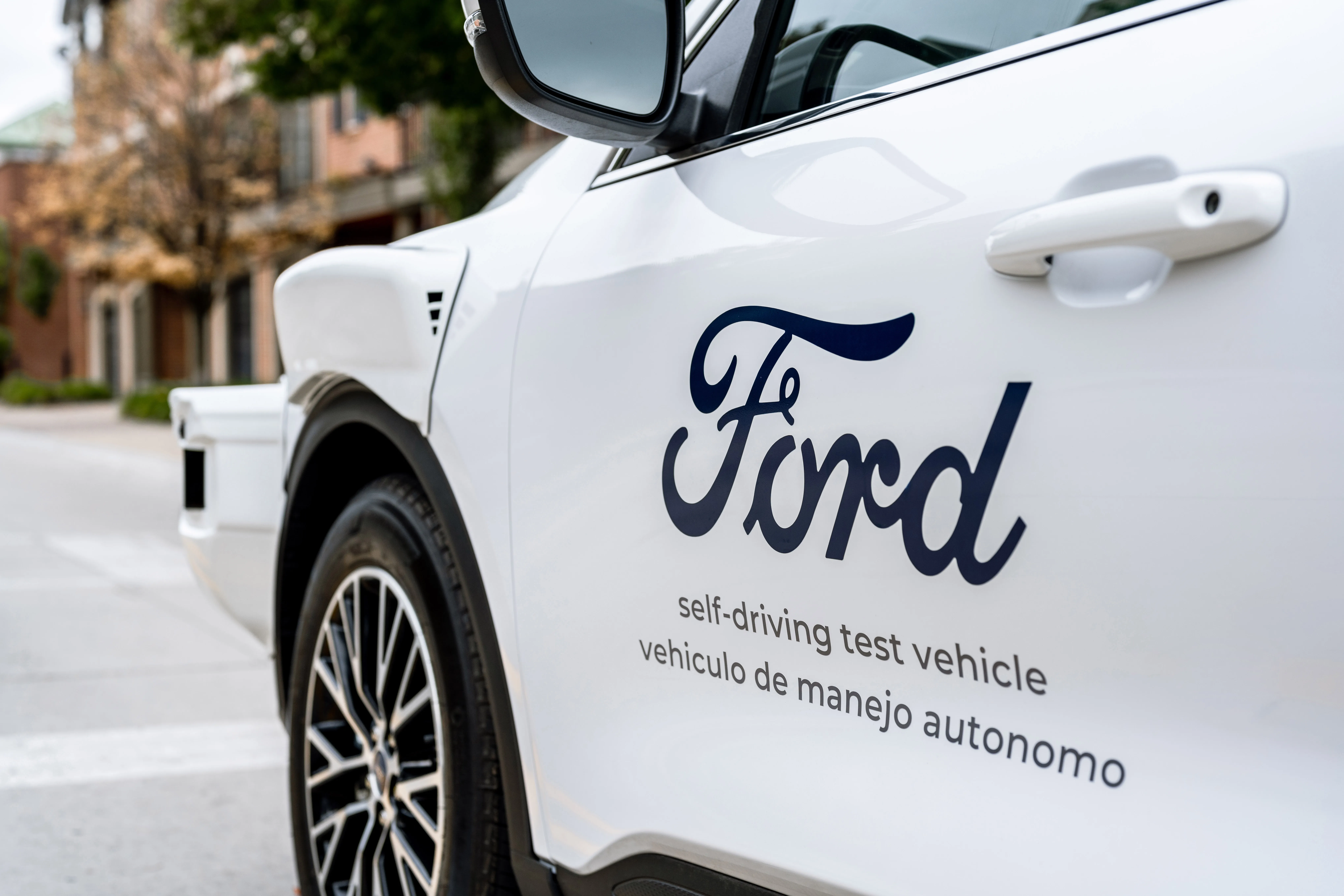Ford has denied reports quoting the company’s executive vice president of product development and chief technical officer, Raj Nair, as saying that its engineers were falling asleep while testing autonomous vehicles, although it has confirmed that it will not offer SAE Level 3 vehicles.
“These are trained engineers who are there to observe what’s happening,” Nair told Bloomberg. “But it’s hu
February 21, 2017
Read time: 1 min
The statement said: “We believe that high levels of automation without full autonomy capability could provide a false sense of security, and that this presents a challenge for the driver to regain full awareness and control of the vehicle if a situation arises where the technology cannot function. That is why we’re currently pursuing SAE Level 4 autonomous capability that will take the driver completely out of the driving process in defined areas.”









